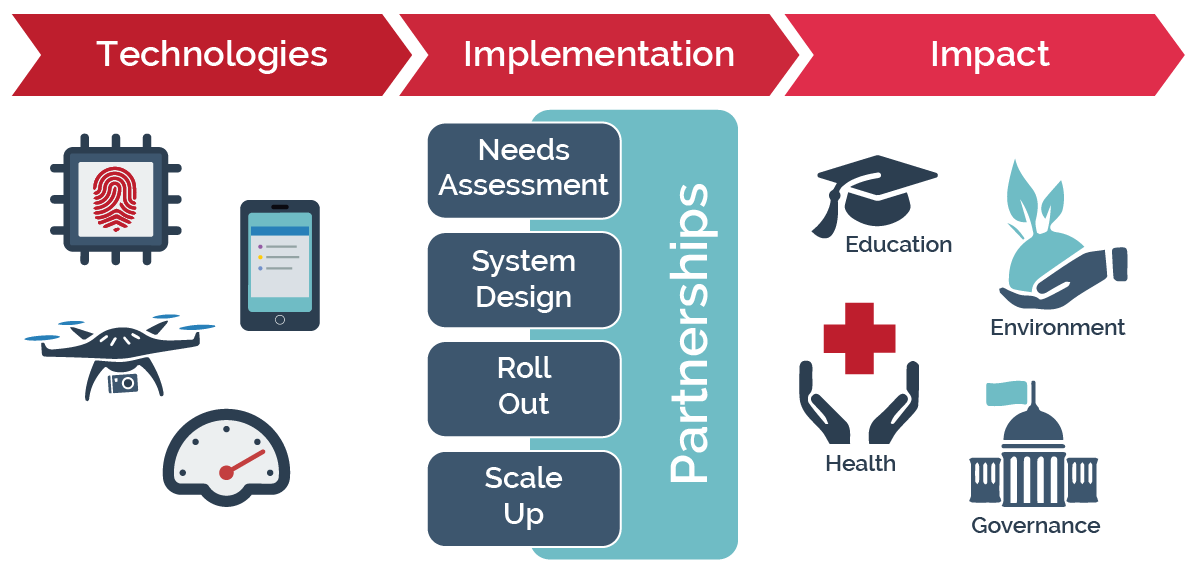The Impact of ICT4D on Project Management
Maximizing Efficiency and Collaboration with ICT4D
Dear readers,
Welcome to the inaugural edition of IntelligenceX!.
In today's fast-paced business world, project management has become an essential practice for organizations seeking to achieve their strategic objectives. However, traditional project management methods are often cumbersome and inefficient, leading to delays, cost overruns, and ultimately, project failure. Fortunately, the rise of Information and Communication Technologies for Development (ICT4D) has opened up new possibilities for improving project management and achieving greater success.
Benefits of ICT4D for Project Management
One of the key benefits of ICT4D is improved communication and collaboration. With tools like project management software and video conferencing, project teams can stay connected and work together seamlessly, regardless of their location. Real-time monitoring and evaluation is another significant benefit of ICT4D. With the ability to track progress and identify potential issues in real-time, project managers can take corrective action quickly and prevent costly delays.
Increased efficiency and productivity are also possible through the use of ICT4D. By automating routine tasks, project teams can focus on more critical activities and achieve more in less time. Enhanced data collection and analysis are also possible, allowing project teams to make more informed decisions and adapt quickly to changing circumstances.
Case Studies
A recent project that highlights the benefits of ICT4D in project management is the construction of a new hospital in rural Africa. By using project management software, the project team was able to collaborate effectively and track progress in real-time. This enabled them to identify and address potential issues before they became major problems, resulting in a successful project completion on time and within budget.
Challenges and Solutions
While the benefits of ICT4D for project management are numerous, there are also some common challenges that organizations may face when implementing these technologies. These include the need for adequate training and support for project teams, ensuring data security, and addressing infrastructure limitations in some regions.
To overcome these challenges, organizations can provide comprehensive training to project teams to ensure they have the necessary skills and knowledge to use ICT4D tools effectively. Implementing data security measures and partnering with local organizations to address infrastructure challenges can also help organizations overcome these barriers.
Future of ICT4D in Project Management
Looking ahead, the future of ICT4D in project management is exciting. Emerging trends and technologies such as artificial intelligence, blockchain, and the Internet of Things (IoT) are likely to shape the future of project management. These technologies have the potential to transform project management practices and drive even greater success and impact.
Conclusion
In conclusion, ICT4D has the potential to revolutionize project management and drive greater success and impact for organizations. By leveraging the benefits of ICT4D, project teams can collaborate more effectively, monitor progress in real-time, and achieve more in less time. As we look ahead, the future of ICT4D in project management is bright, and we encourage organizations to consider adopting these technologies to stay ahead of the curve.
Thank you for reading, and we hope you found this inaugural edition of IntelligenceX insightful and informative.
Best Regards,
Joseph Adetarami






Nice one brother.... Very comprehensive and educative
This is so great and resourceful, nice write up👍